Kelly is a former librarian and a long-time blogger at STACKED. She's the editor/author of (DON'T) CALL ME CRAZY: 33 VOICES START THE CONVERSATION ABOUT MENTAL HEALTH and the editor/author of HERE WE ARE: FEMINISM FOR THE REAL WORLD. Her next book, BODY TALK, will publish in Fall 2020. Follow her on Instagram @heykellyjensen.
Last summer, Greenville County Libraries (SC) voted to remove all books about trans people or with trans themes from young adult areas in their public libraries and relocate them to the adult collection. This came just months after the board made the same decision about trans books in the youth section. These decisions meant no one under the age of 18 would have access to browsing age-appropriate books with trans or gender nonconforming content without explicit parental permission.
These was far from the first brushes with book censorship in Greenville Libraries, which serve the most populated county in the state. Dozens of books have been removed from the libraries as well, nearly all of which feature LGBTQ+ themes. The 59 banned titles–all of which can be viewed here–were available in youth, young adult, and adult sections of the library. At least 50 of the books banned were at the behest of the Greenville County Republican Women’s Club.
This week, four minor library patrons and their parents filed a lawsuit against Greenville County for systematically targeting LGBTQ+ literature in the library. The plaintiffs are being supported in the case by the American Civil Liberties Union, as well as the ACLU of South Carolina.
The lawsuit, filed in the U.S. District Court for the District of South Carolina, focuses on the county’s policies and how they have intentionally led to the removal or restriction of LGBTQ+ materials. By encouraging such censorship, the county is infringing on plaintiffs’ First and Fourteenth Amendment rights.
“Greenville County cannot censor our public libraries merely because its officials find certain materials politically, morally, or religiously objectionable,” Allen Chaney, Legal Director for the ACLU of South Carolina, said in a press release. “After years of public advocacy against these discriminatory actions, we must now rely on the courts to vindicate a simple truth: the constitution protects everyone, including LGBTQ people.”
Literary Activism Newsletter
News you can use plus tips and tools for the fight against censorship and other bookish activism!
Thank you for signing up! Keep an eye on your inbox.
Several specific titles were named in the lawsuit as books intentionally removed from juvenile shelves due to their LGBTQ+ content. Among them are Hocus and Pocus and the Spell for Home by A.R. Capetta, The Cardboard Kingdom by Chad Sell, Riding Freedom by Pam Muñoz Ryan, and Snapdragon by Kat Leyh. All of these are written for young readers, but Greenville’s policy requires that all materials with “illustrations, themes, or story lines [that] affirm, portray, or discuss changing the appearance of a minor’s gender in ways inconsistent with the minor’s biological sex” or with “illustrations, themes, or storylines that celebrate, portray, or affirm gender transitioning” be reclassified and relocated.
The Cardboard Kingdom, for example, has been moved from juvenile shelves to a new location and reclassification as “Juvenile Parenting.” Similar titles without queer representation, such as Narwhal and Jelly, are available right on juvenile shelves.

Relocation of LGBTQ+ materials hasn’t been limited to trans and gender nonconforming content. Simon vs. The Homo Sapiens Agenda, written for teens and featuring a gay main character, is not available in the teen sections of the Greenville library. It’s cataloged and shelved with adult fiction.
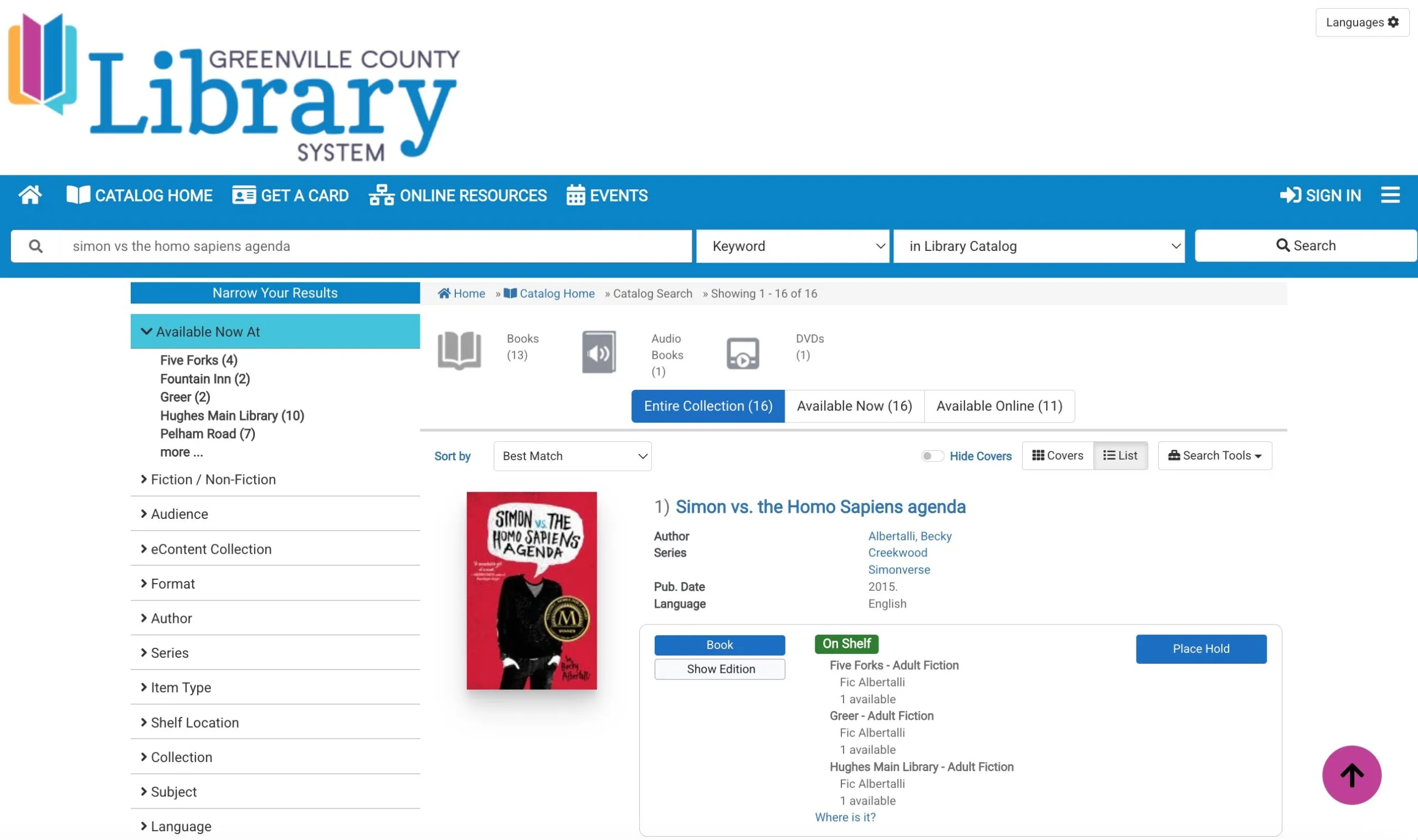
Such restrictions are an added barrier to access, especially given that the Greenville Library System already allows parents to choose a level of access to materials for their children via leveled library cards.
“For years, the library board has tried to censor patrons’ access to diverse stories,” said Stephen Shelato, co-founder of Freedom in Libraries Advocacy Group (FLAG).“Local parents believe that exposure to diverse stories is healthy and developmentally appropriate, but board members have repeatedly chosen instead to follow the demands of a loud minority of activists and partisan groups. Local parents are now courageously speaking out and taking action—and they deserve the full support of our community.”
This new lawsuit adds to the growing roster of those being filed against public libraries and public schools across the country for policies that have led to book bans. These book bans have had an outsized impact on materials by or about people of color and LGBTQ+ people.
In Greenville, there’s been no question that such policies targeting queer-themed books has been blatant and intentional.
“Books are one of our greatest tools to learn about other peoples, the world around us, and more importantly to learn about ourselves through representation,” said Greg Rogers, one of the parents bringing the lawsuit. “All children and young adults should have equal access to these tools. Keeping even one child from accessing the representation they provide is a travesty for the equality of all children.”
While this lawsuit specifically focuses on Greenville’s public library system, Greenville’s public schools have also perpetrated book bans and censorship. In 2024, the school district removed several books despite the review committee’s recommendations to keep them. The district also paused book fairs for a period afterward over worries that materials available for purchase at these events would not meet their own district’s policies related to “appropriate” materials.


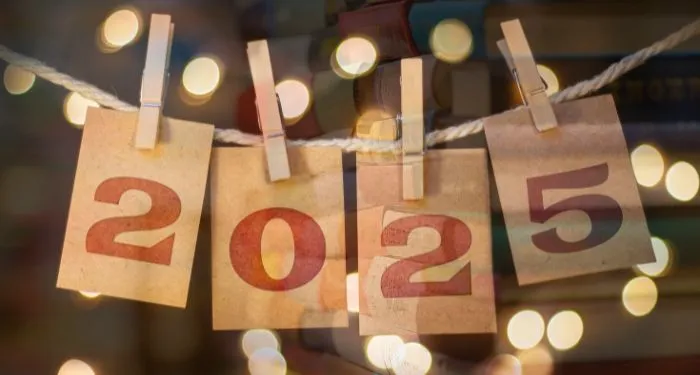
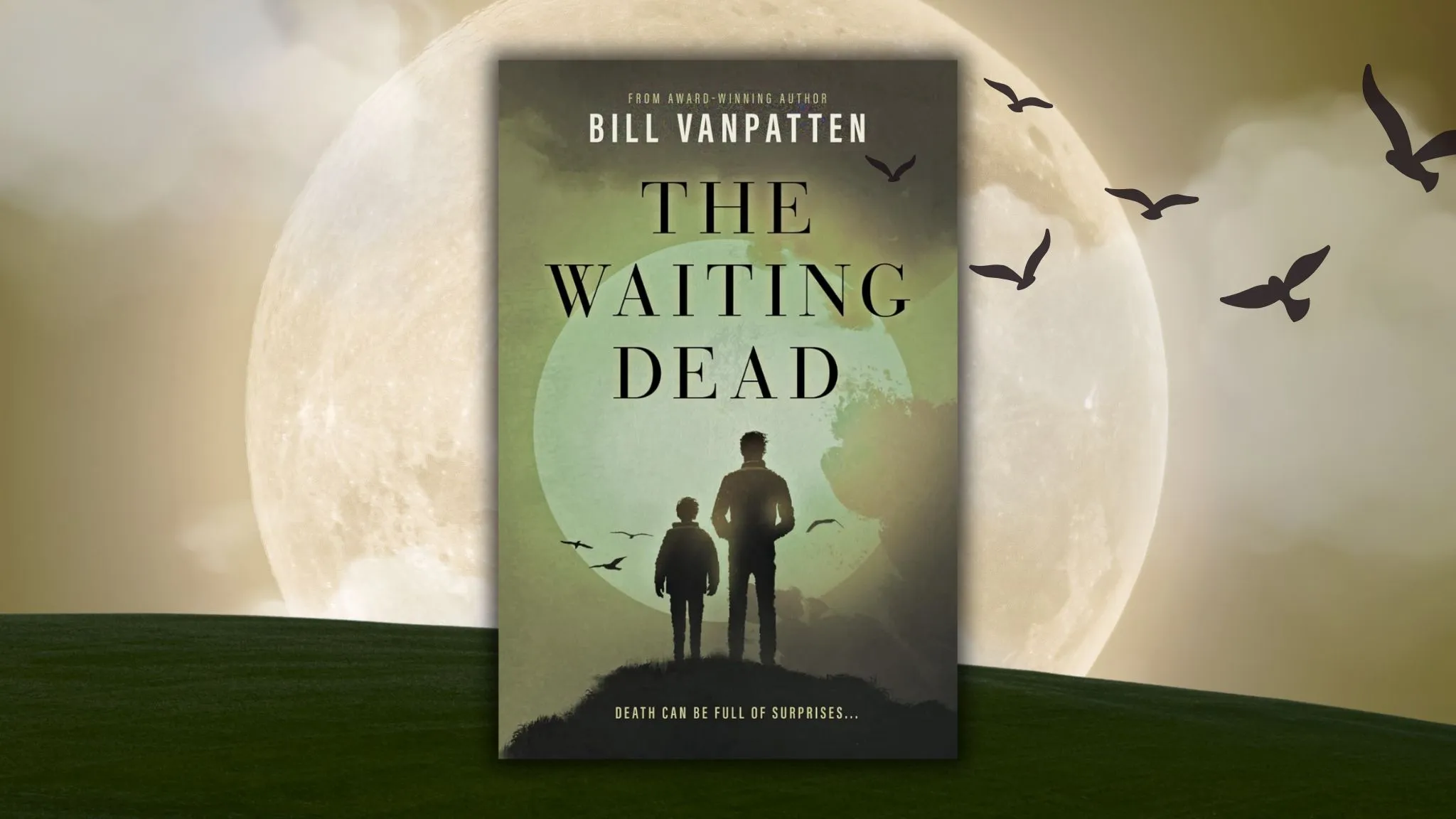
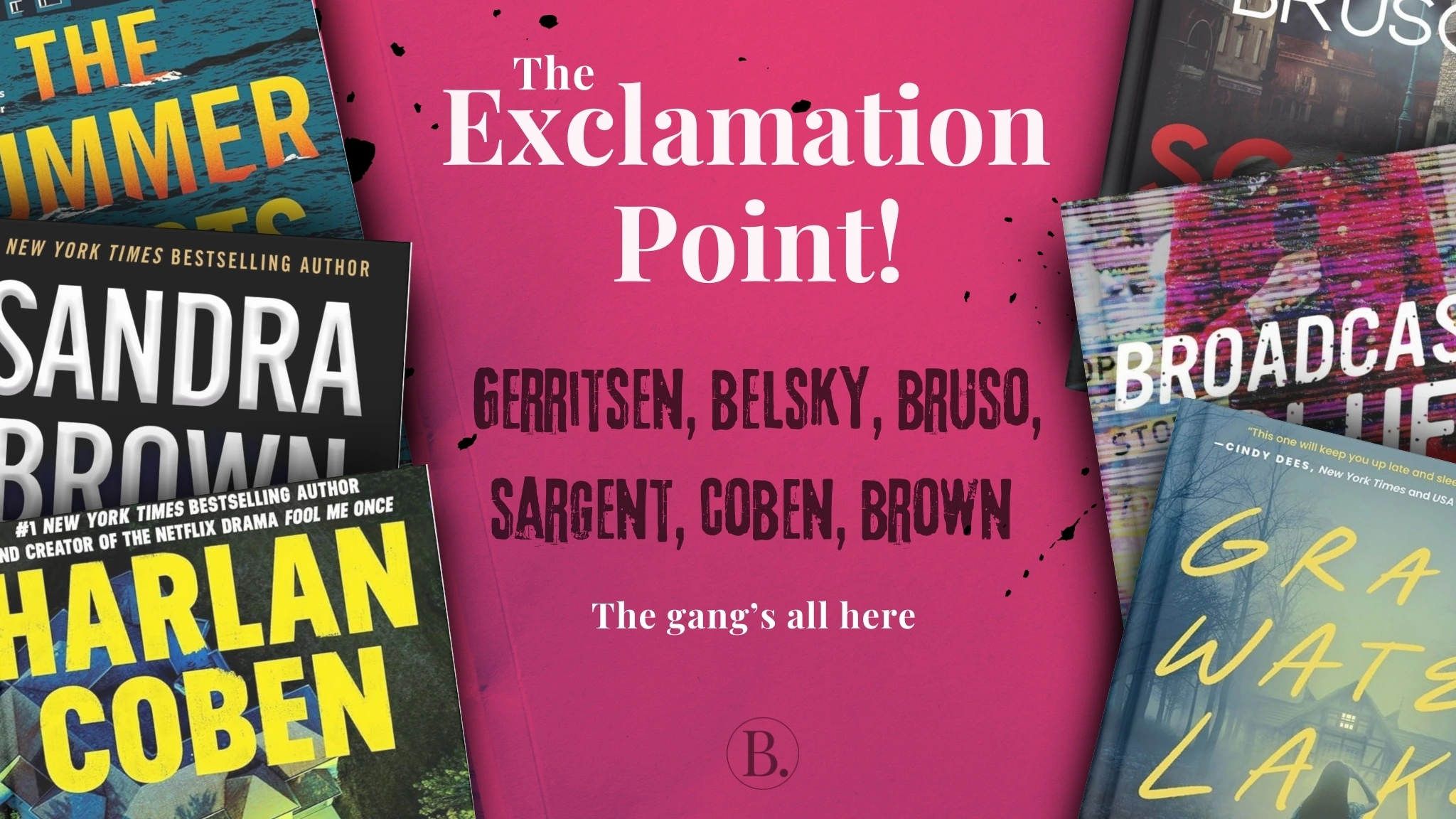
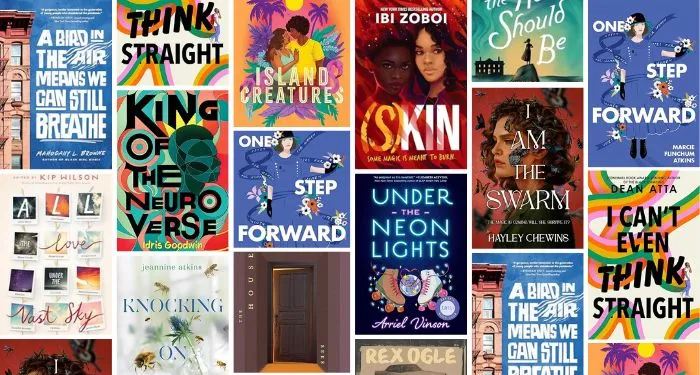





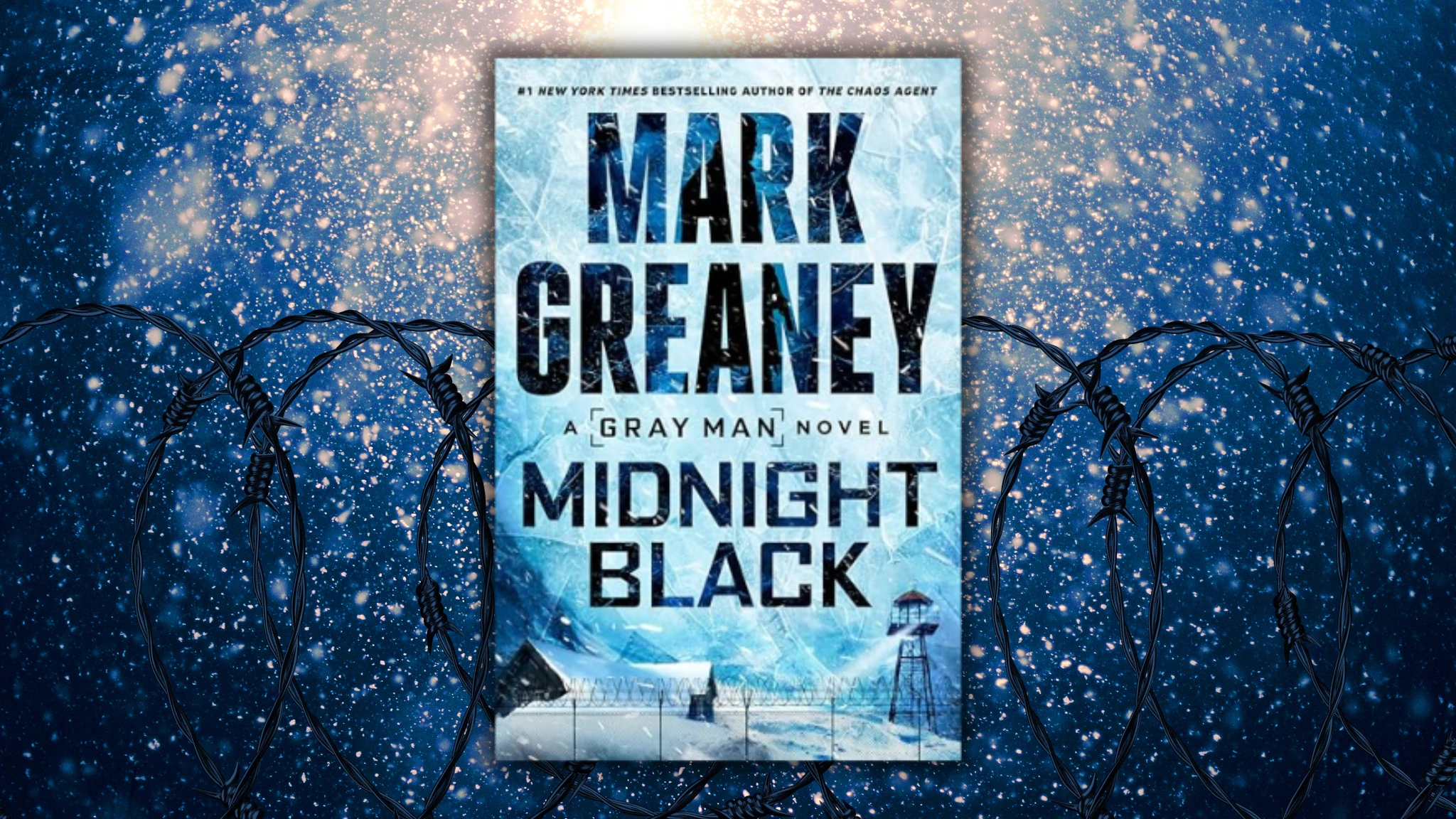

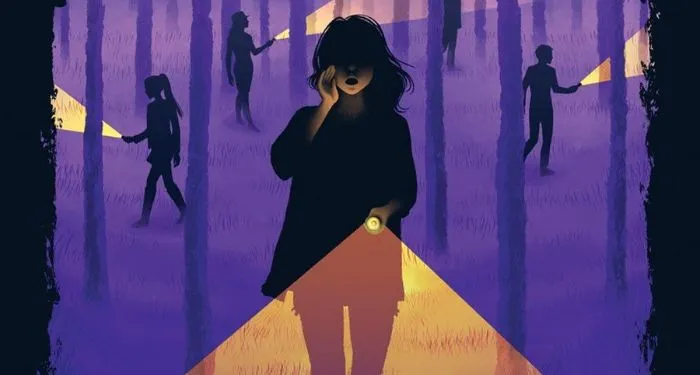


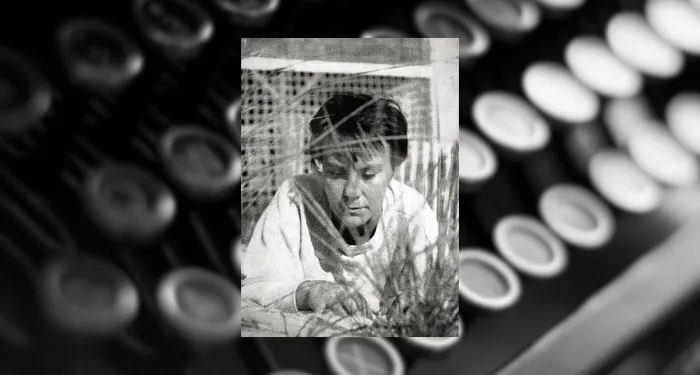
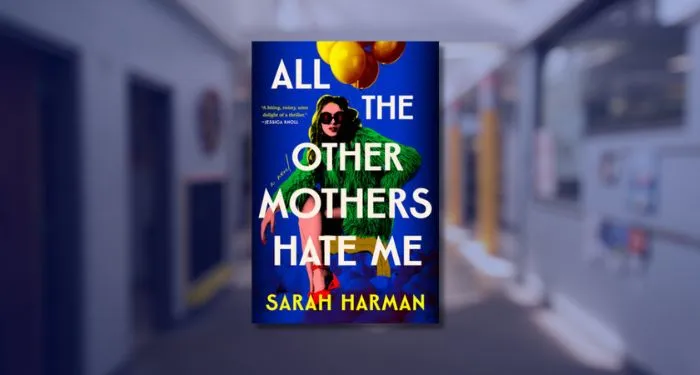
 English (US) ·
English (US) ·